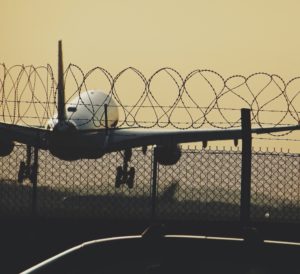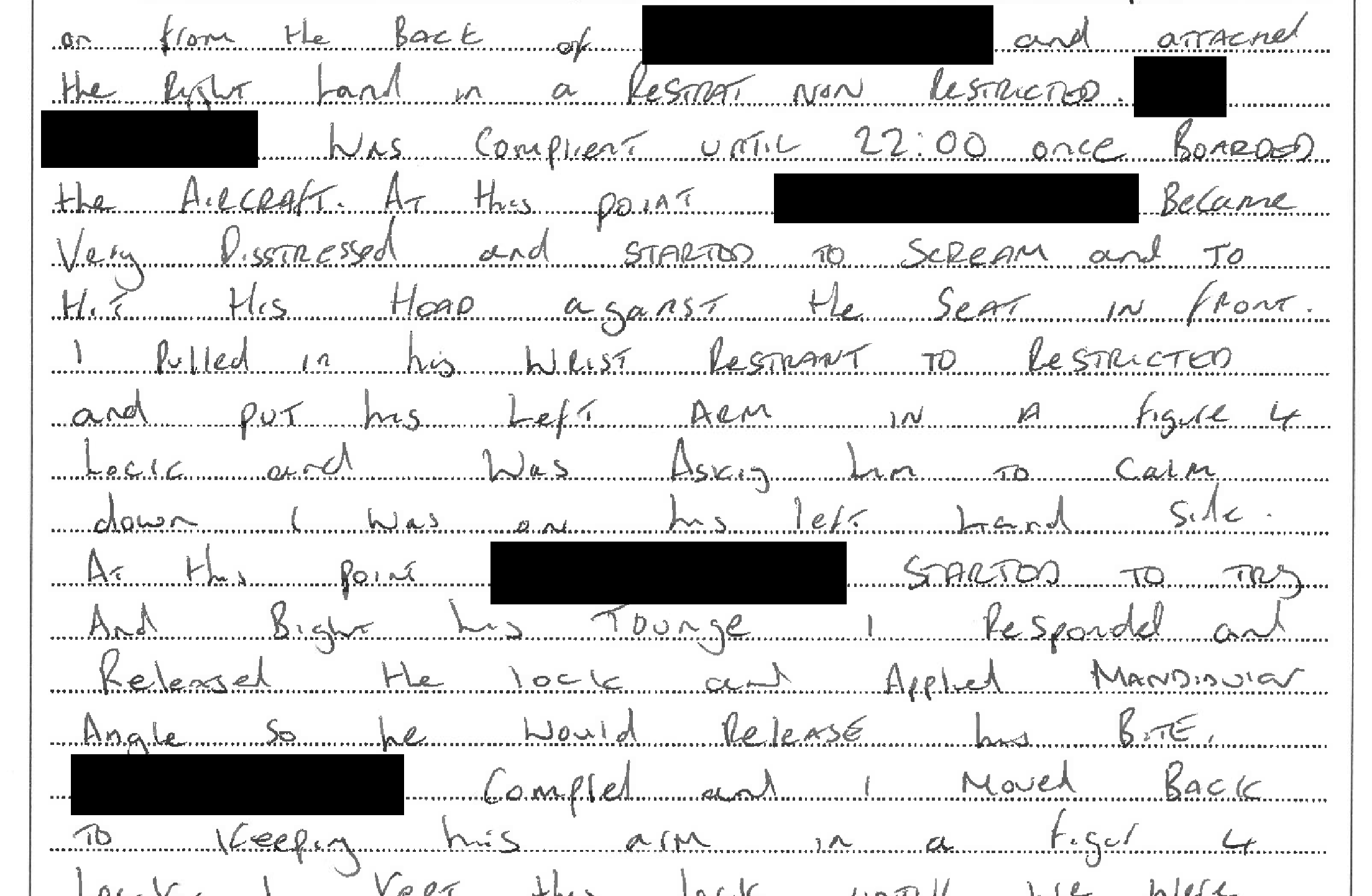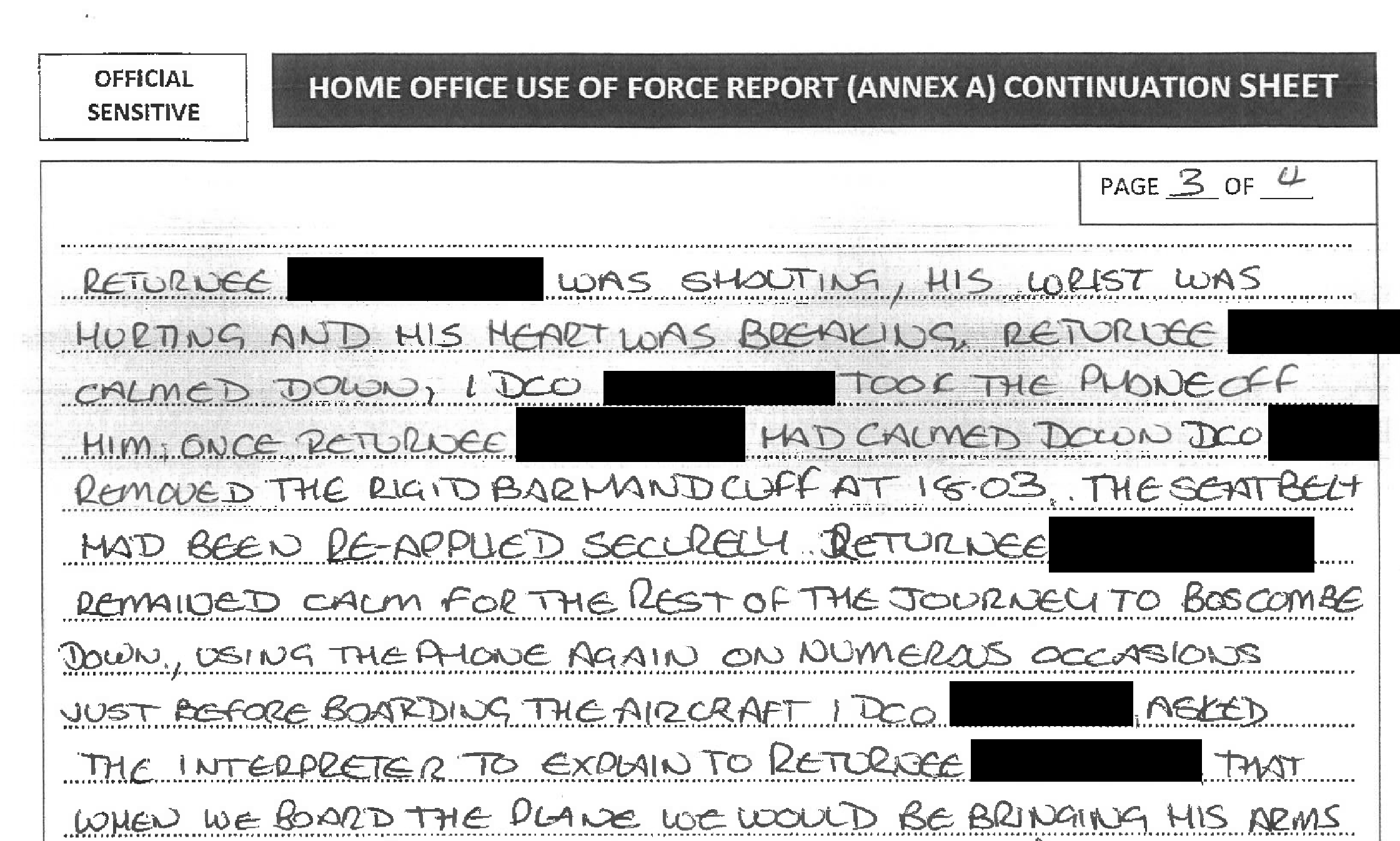Revealed: Horrors of self-harm and desperation on failed Rwanda flight
Published on 05 September 2022
Plane on the tarmac at Boscombe Down. Credit: Alamy.

Documents show asylum seekers were forced onto plane and restrained
Reports Aaron Walawalkar, Liberty Investigates journalist; Eleanor Rose, Liberty Investigates Editor; and Lizzie Dearden, Home Affairs Editor at the Independent.




